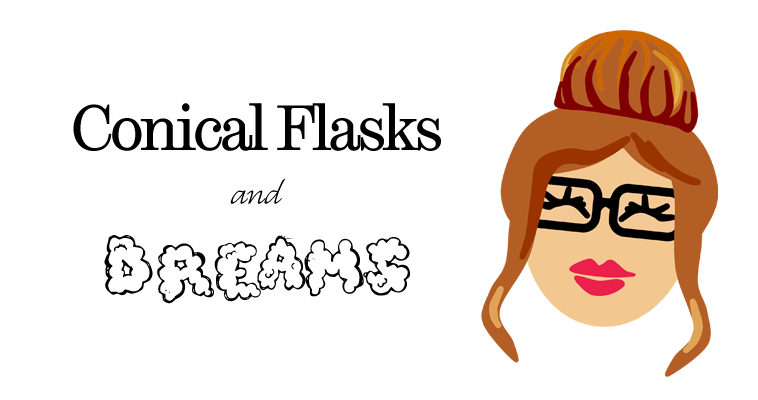- 85 million calories will be saved
- along with 48 tonnes of saturated fats (eeewwww)
- 5700 acres or land will be saved
- water usage will be reduced by 13 million tonnes
- and of course millions of animals will be saved
I honestly believe there is no valid reason to eat meat. - "It tastes good" is not valid. It is wrong on every level. I can guarantee that every time I say I'm a vegetarian, I get something like this in response:
'Why?'
'We're meant to eat meat!'
'We have incisors for a reason!'
'Where do you get your protein from? Aren't you ill?'
Bullshit. The people who say these things to me are the same people who complain about animal cruelty whilst tucking into a burger. I honestly believe that if you are not capable of killing the animal yourself then you shouldn't eat meat. If the idea of harming an animal disgusts you, then how can you carry on eating them? You can't claim to be an animal lover whilst consuming animals. Right now it would be really easy for me to call all these meat-eaters who own pets and who 'love animals' hypocrites, but then I would be a major hypocrite. You see, I am still part of the problem. I may not eat meat but I still buy and eat animal products, so even though I hate to say it, I am contributing to the exploitation and maltreatment of not just animals in this country but all over the world.
So this World Meat Free Day, instead of berating all the meat eaters, I'm going to do my bit and try to go that extra bit further. I'm going to try and go vegan. I'm not promising to go fully vegan straight away, however I am going to try and gradually cut down on the number of animal products I consume. It's all for the greater good!
You can follow the hashtag on #WorldMeatFreeDay




